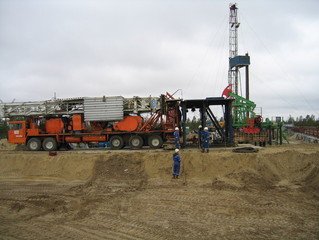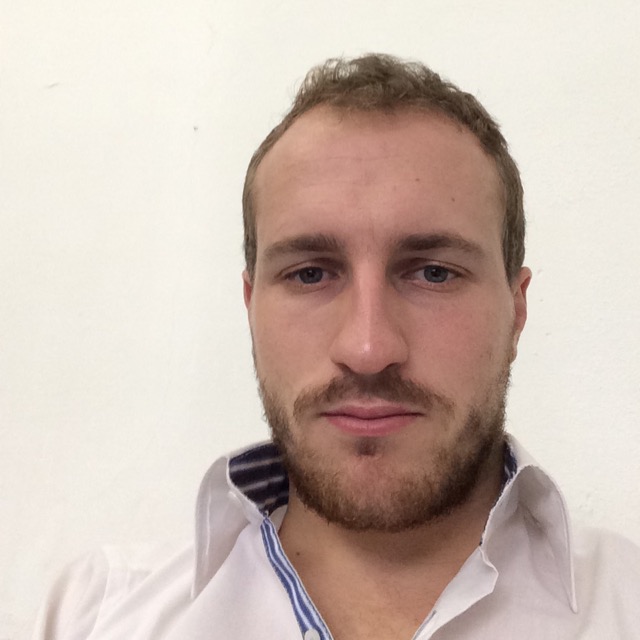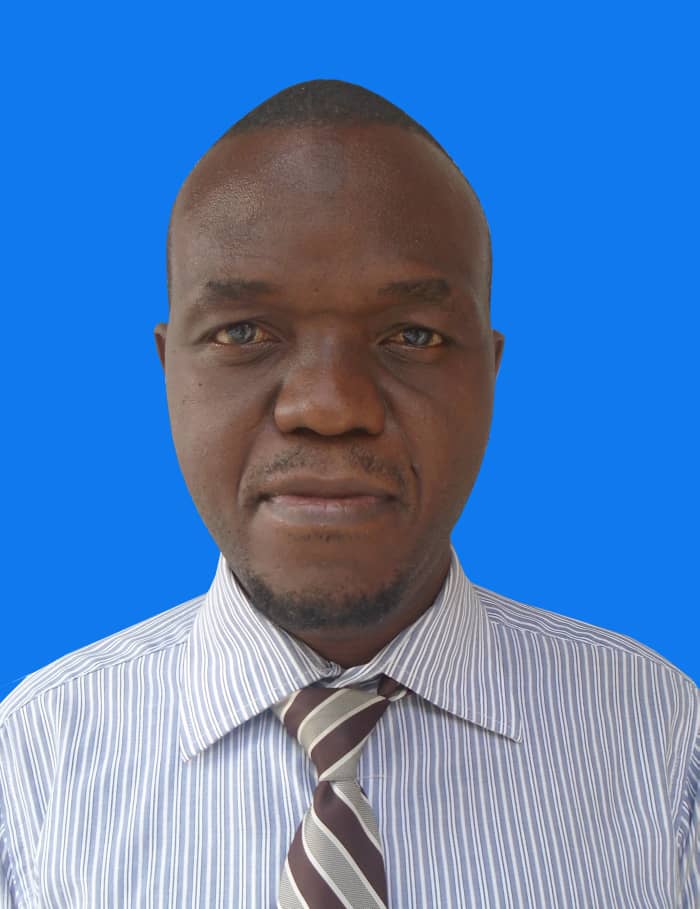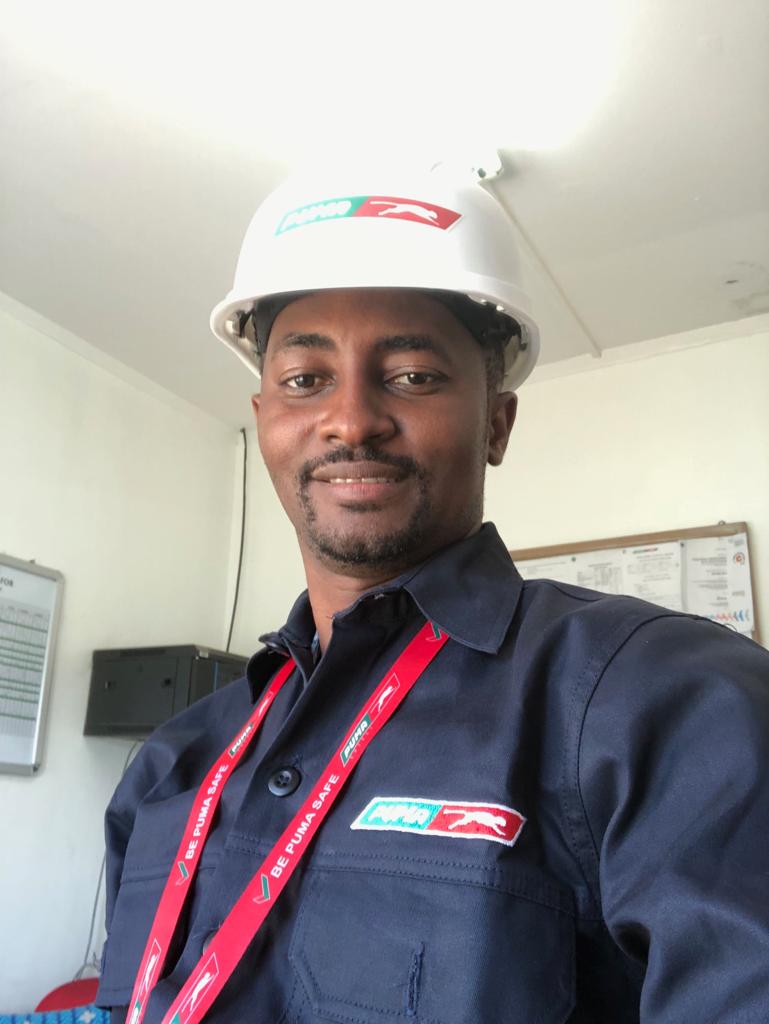A Sample Business Plan for Starting an LP Gas (Cooking Gas) Distribution/Wholesale and Retailing Business in Tanzania: A Business Plan for one Quick Gas Limited
Our sample LPG business plan helps business owners and entrepreneurs like you create a business plan in less time for investor funding, bank loan, compliance with government authorities and for self-learning.
EXECUTIVE SUMMARY
Overview
There has been a substantial raise in the consumption of liquefied petroleum gas (LPG) in the last ten years. The annual LPG consumption in Tanzania has grown from 5,500 metric tonnes in 2005 to 145,800 metric tonnes in 2019. Furthermore, with continued economic development in Tanzania as well as increasing awareness in the use of LPG as the best alternative to firewood and charcoal, the consumption of LPG will grow to a significantly high level in both urban and rural areas. And with the Tanzanian government’s ambition to scale up the use of LPG across the nation, it will lead to increase in LP Gas demand and supply to hotels, homes, factories, boarding schools, army camps, mines as well as petrol stations.
Although competition in the LP Cooking gas business has increased over the past few years in Tanzania, with our effective marketing and supply strategies, building close client relationship as well as providing complementary services, the newly-established LP Gas retailer like Quick Gas can still be profitable and assured of recovering its entire investment.
Customer Problem
Our business aims to solve the problem of limited access to clean and affordable energy for cooking and purposes in Tanzanian households. Many households rely on traditional fuels such as firewood and charcoal, which are not only expensive but also harmful to health and the environment.
The Company
Quick Gas Limited is a newly-established LPG distributor/retailer in the Kasulu District of the Kigoma Region in Tanzania. Our mission is to provide clean and affordable energy solutions to address the problem of limited access to such resources in Tanzanian households.
Products and Services:
Our products and services include:
- LP Gas (cooking gas) in 6kg, 15kg, 30kg and many other volumes.
- LPG cylinders of various sizes, colour and design.
- Cookers and fittings such as pipes, gauges etc.
- Site installation services.
- Home delivery of products and services.
Customers/clients:
Quick Gas will deliver LP Gas to household, industrial and commercial customers in Kasulu District in the Kigoma Region and will expand to other location of the city after three years of services.
Competition
Quick Gas Limited will have both direct and indirect competitors but our competitive advantage is that majority of the population will opt for LP Gas rather than buy firewood or charcoal, and there are more customers to go round.
Financial Considerations
The financial projection of this business plan is attached as an spreadsheet file.
Objectives
The underlying objectives of QUICK GAS limited is stated as follows:
- To be known as a top quality, safe and reliable LP Gas delivery service provider in Tanzania.
- To achieve and preserve a high gross profit margin.
- To expand to other location within the city after three years of service in the Kasulu district of Kigoma Region.
- To achieve 25% of the market share within the first three years.
| Form of Business: | Limited Liability Company |
| State of Business: | Start-up (new business) |
| Managing Director: | Lawrence Mambo |
| Business Development Consultant: | Hussein A. Boffu |
| Opening Hours: | Mondays to Saturdays: 7 AM – 7 PM.
Sundays: 12 PM – 6 PM |
Get the Full Version Now
In the full version, you will have access to the following table of contents:
EXECUTIVE SUMMARY
- Overview
- The Company
- Products and Services
- Customers/clients
BUSINESS DESCRIPTION
- Problem Statement
- Mission
- Vision
- Objectives
- Our Values
- Keys to Success
PRODUCTS AND SERVICES
MANAGEMENT TEAM
MARKET ANALYSIS AND TRENDS
- Market Research
- LP Gas Import in Tanzania
- LP Gas Industry Trends
- LP Gas Industry Outlook
- Our Target Market
- Core needs and pain points
- Behavior Patterns
COMPETITOR ANALYSIS
- Direct Competition
- Indirect Competition
- Competitive Advantage
SALES AND MARKETING PLAN
OPERATIONAL PLAN
- Opening Days/Hours
- Location
- Setup Cost
- Machinery/Equipment Requirement
SWOT Analysis
PEST Analysis
Risks and Mitigation
- Identified Risks
- Mitigation Strategies
FINANCIAL PLAN AND PROJECTION
For the complete business plan for starting and running a LP Cooking gas business in Tanzania, make a payment of $200 (or its equivalent in Tanzanian Shillings TZS 400,000) through Tgo pesa, M-pesa to this number: +255655376543.
Once your payment is done, send an SMS to +255655376543 with the following details:
- Your full name.
- Your email address.
Alternatively, send an email with the above details to info@tanzaniapetroleum.com. The moment we receive your email or SMS and we confirm your payment, the plan will be delivered to your email address (in docx) within fifteen minutes.
You can then download it and read it on your smartphone or computer.
If you’re not in Tanzania, send an email to info@tanzaniapetroleum.com and we will devise a payment option for you.








